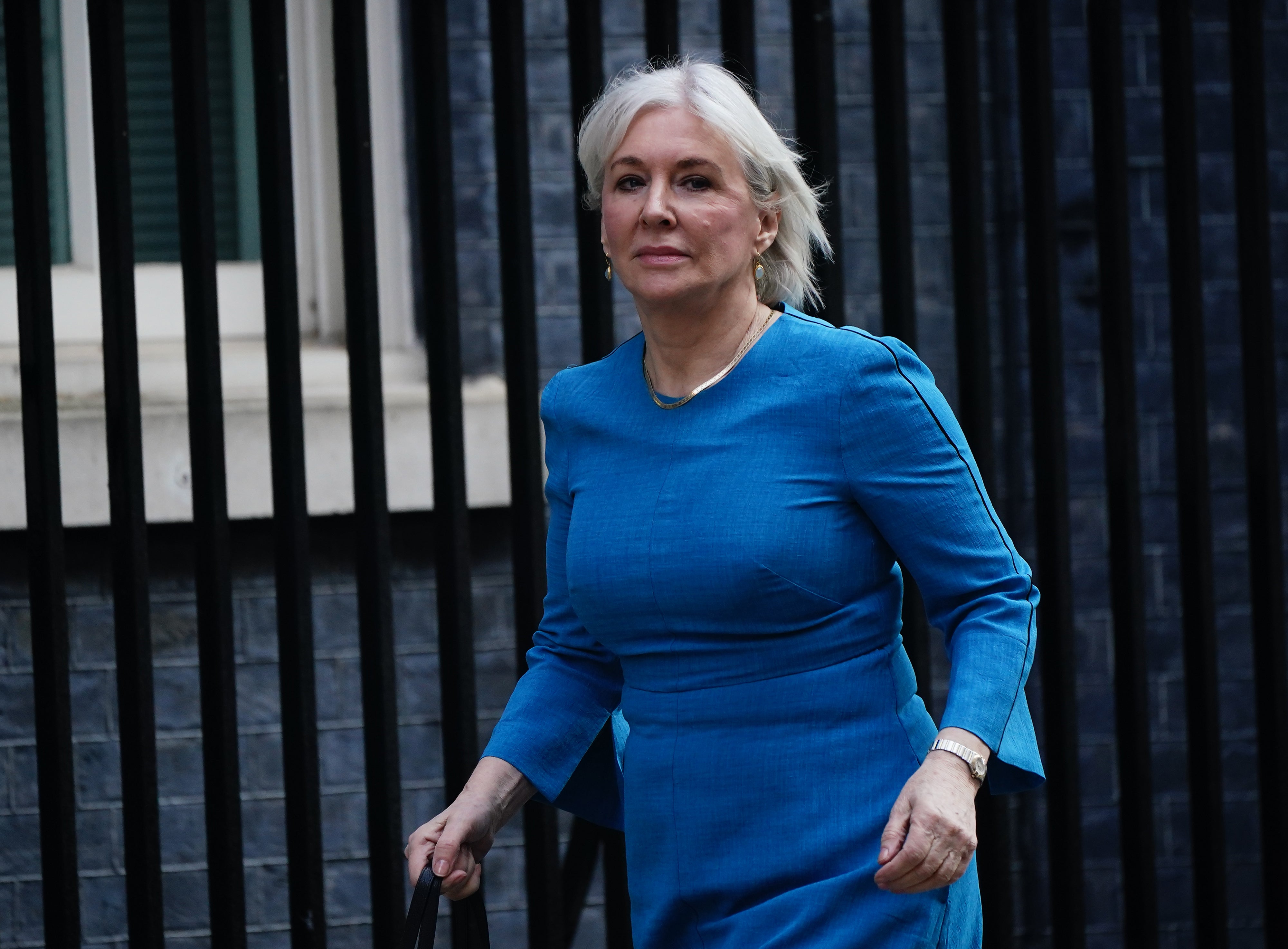Your support helps us to tell the story
From reproductive rights to climate change to Big Tech, The Independent is on the ground when the story is developing. Whether it's investigating the financials of Elon Musk's pro-Trump PAC or producing our latest documentary, 'The A Word', which shines a light on the American women fighting for reproductive rights, we know how important it is to parse out the facts from the messaging.
At such a critical moment in US history, we need reporters on the ground. Your donation allows us to keep sending journalists to speak to both sides of the story.
The Independent is trusted by Americans across the entire political spectrum. And unlike many other quality news outlets, we choose not to lock Americans out of our reporting and analysis with paywalls. We believe quality journalism should be available to everyone, paid for by those who can afford it.
Your support makes all the difference.Last week, there was outrage from parliamentarians on both sides of the house over the treatment of Angela Rayner in the Mail on Sunday.
Prime Minister Boris Johnsonwrote on Twitter:
“As much as I disagree with Angela Rayner on almost every political issue I respect her as a parliamentarian and deplore the misogyny directed at her anonymously today.”
Others in his party quickly followed suit. Culture minister Nadine Dorries offered a take 16 minutes later that was exactly the same – word for word, letter for letter.
Technology minister Chris Philip, when later interviewed on Sky News claimed the identical messages were completely natural: “There’s nothing surprising that two colleagues in government have exactly the same view and have the same words.”
Sky News interviewer Niall Paterson retorted: “There’s nothing surprising about two human beings sitting down at the keyboard and tapping out the exact same sentence construction? Honestly, you’re trying to maintain the Culture Secretary didn’t copy and paste this, this wasn’t something that was sent to her?”
This isn’t the first time something like this has happened.
In 2020, Conservative MPs were caught tweeting out almost identical wordings during the controversy over Dominic Cummings violating Covid lockdowns. Just a few weeks ago they were again mocked for tweeting identikit messages in support of Boris Johnson.
Perhaps Nadine Dorries is being unfairly maligned as disingenuous when, in fact, the identical message was pure coincidence. But what are the chances?
To figure that out, we need to calculate the probability of two people writing the exact same tweet (within twenty minutes of each other) if they hadn’t either copied each other or copied from the same source.
This is a difficult thing to quantify. We could start by thinking about the number of possible tweets that could be constructed. Using just the 26 letters of the English language and the space, with 280 characters per tweet, we could construct 27280 ≈ 10400 possible different tweets. That’s an astronomically large number. Most of them would be nonsense though.
For real, comprehensible sentences we need to borrow a result from information theory, which deals with the analysis and communication of digital information. The theory suggests there are roughly 2280x1.1 ≈ 1093 different meaningful English tweets that could be composed. Still a ridiculously, infeasibly vast number. The probability of two completely independently composed tweets matching exactly is so small as to be effectively impossible.
But, we know they were tweeting about the same subject and purportedly share similar views. This is difficult to account for and here we can’t use maths alone to compare. Fortunately, there is still a way: Google.
When Malcolm Coulthard, a forensic linguist at Aston University, needed to do the same comparison in a court case to prove how unlikely it would be for the same sentence to be constructed independently by two different people, he used Google to make his point.
He came up with the sentence “I asked her if I could carry her bags.” He started by googling “I asked” and got over 2 million hits. Then he tried “I asked her” and got nearly 300,000. You can see how the number of hits decreases with the length of the sentence in the table below. By the time he’d googled the complete 9-word sentence there were no hits.
| I asked | 2,170,000 hits |
| I asked her | 284,000 hits |
| I asked her if | 86,000 hits |
| I asked her if I | 10,400 hits |
| I asked her if I could | 7,770 hits |
| I asked her if I could carry | 7 hits |
| I asked her if I could carry her | 4 hits |
| I asked her if I could carry her bags | 0 hits |
With a sentence as short as nine words there were no matching results to be found on the internet. This is how modern-day plagiarism apps work when students turn in essays. If the software finds a match between sufficiently long chunks of text then markers are alerted to these suspicious cases.
To keep up to speed with all the latest opinions and comment, sign up to our free weekly Voices Dispatches newsletter by clicking here
But this was almost 20 years ago. To double-check I carried out the same experiment with the sentence “What are the chances of two people writing the same tweet”. This time, by the time I reached the eighth word Google had run out of matches.
| What are | 11,390,000,000 hits |
| What are the | 8,930,000,000 hits |
| What are the chances | 32,700,000 hits |
| What are the chances of | 23,000,000 hits |
| What are the chances of two | 5,200,000 hits |
| What are the chances of two people | 557,000 hits |
| What are the chances of two people writing | 0 hits |
| What are the chances of two people writing the | 0 hits |
| What are the chances of two people writing the same | 0 hits |
| What are the chances of two people writing the same tweet | 0 hits |
So the maths seems to suggest that it is extremely unlikely that Nadine Dorries and Boris Johnson composed exactly the same tweet independently. Instead it hints that the tweets are more likely part of a carefully stage-managed response that reeks of disingenuity.
When people question the sincerity of Conservative MPs’ apologies over partygate this is why. It doesn’t feel heartfelt. It feels constructed and artificial – the action of a party saying what they think people want to hear, not what they genuinely feel.
Kit Yates is director of the Centre for Mathematical Biology at the University of Bath and author of The Maths of Life and Death


Join our commenting forum
Join thought-provoking conversations, follow other Independent readers and see their replies
Comments